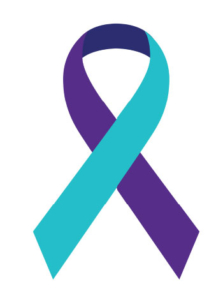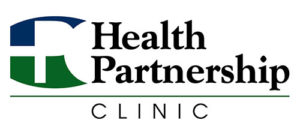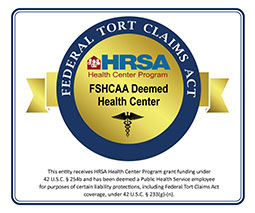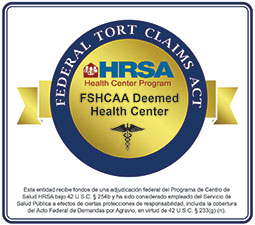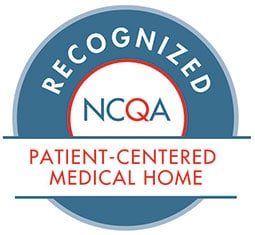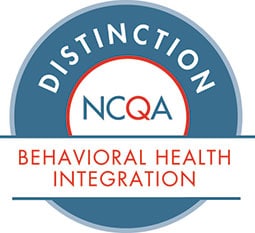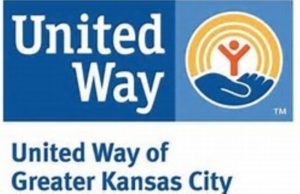National Suicide Prevention Month: Know who’s at risk and the warning signs.
 Post written by Tristen Winston, MA, PsyD, Licensed psychologist and Behavioral Health Director
Post written by Tristen Winston, MA, PsyD, Licensed psychologist and Behavioral Health Director
According to the 2017 Kansas Annual Summary of Vital Statistics the Kansas Suicide Prevention Organization reported 544 suicide deaths in Kansas in 2017. The need for access to treatment and services continues to grow. Suicide is a risk for both adults and adolescents in our community.
HPC is dedicated to providing access to Mental Health Services to those in our community regardless of their ability to pay or insurance status.
According to the World Health Organization, suicide is the second leading cause of death among 15–29-year-olds and close to 800,000 individuals die due to suicide each year. Suicides and suicide attempts have a ripple effect that impacts on families, friends, colleagues, communities and societies. It is important to remember “for every suicide there are many more people who attempt suicide every year. A prior suicide attempt is the single most important risk factor for suicide in the general population.” (WHO, 2019) Therefore, it is important to recognize the signs of suicide.
September marks National Suicide Prevention Month which is a perfect time to remind us who’s at risk and the warning signs.
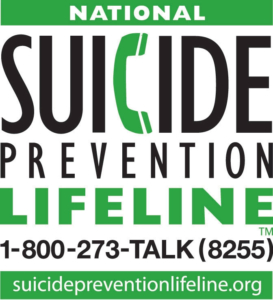 Who is at Risk?
Who is at Risk?
- People who have previously tried to take their own life.
- Someone with depression or an alcohol or drug problem.
- Those who are suffering from severe emotional distress, for example following the loss of a loved one or a relationship break-up.
- People suffering from chronic pain or illness.
- People who have experienced war, violence, trauma, abuse or discrimination.
- Those who are socially isolated
Warning Signs:
- Threatening to kill oneself.
- Saying things like “No-one will miss me when I am gone.”
- Looking for ways to kill oneself, such as seeking access to pesticides, firearms or medication, or browsing the internet for means of taking one’s own life.
- Saying goodbye to close family members and friends, giving away of valued possessions, or writing a will.
If you or someone you know is at risk for suicide there is help, please contact the suicide prevention line 1-800-273-TALK (8255) and seek help from a Licensed Mental Health Provider.
